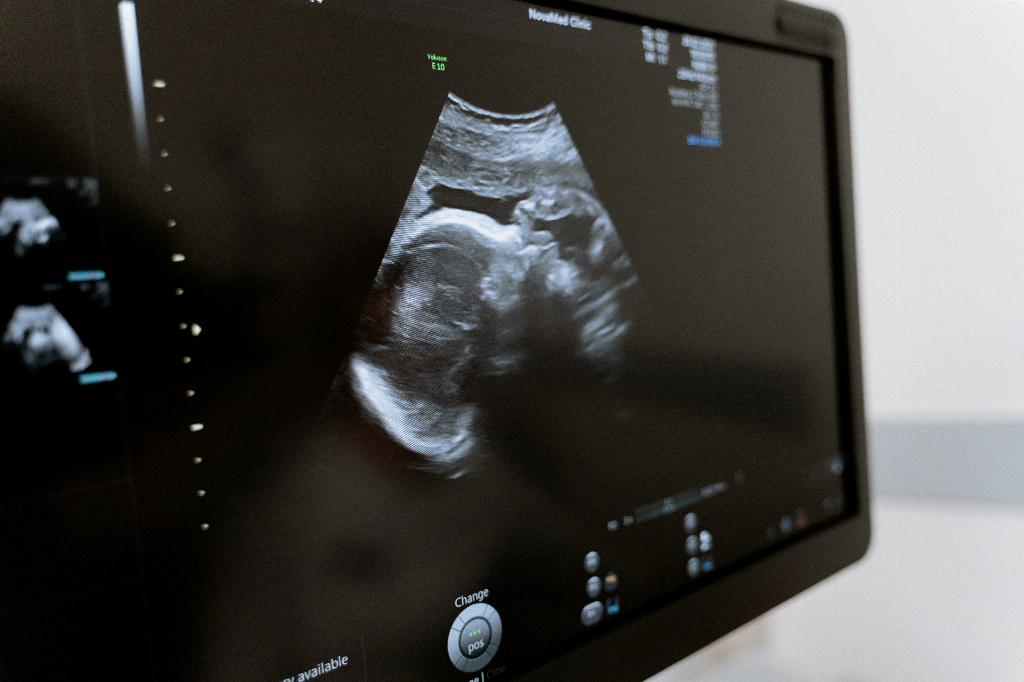Being pregnant while managing epilepsy can undoubtedly present unique challenges when it comes to making decisions about breastfeeding. Expectant mothers with epilepsy are often concerned about the safety of breastfeeding while taking anti-epileptic medication. However, it is essential to understand that each case is different, and guidance from healthcare providers is crucial in making informed decisions.
Research indicates that women with epilepsy can indeed breastfeed safely under certain circumstances. Various studies have suggested that breastfeeding is generally considered safe for women taking specific anti-epileptic drugs such as carbamazepine, lamotrigine, levetiracetam, oxcarbazepine, topiramate, valproate, zonisamide, or phenytoin.
It is vital for pregnant women with epilepsy who are considering breastfeeding to consult with their healthcare team to assess the risks and benefits based on their individual medical history and seizure control. Healthcare providers can provide tailored advice to ensure the well-being of both the mother and the baby.
One crucial factor to consider is the potential transfer of anti-epileptic drugs to the infant through breastmilk. The amount of medication passed to the baby depends on various factors, including the specific drug being taken, its dosage, and the timing of breastfeeding relative to when the mother takes her medication.
While breastfeeding is generally safe with certain anti-epileptic drugs, there may be instances where alternative feeding options need to be explored. In such cases, healthcare providers can help determine the most appropriate feeding plan that prioritizes the health and well-being of both the mother and the infant.
It is essential for pregnant women with epilepsy to maintain open and ongoing communication with their healthcare team throughout the breastfeeding journey. Regular check-ins and discussions can help address any concerns or changes in the mother’s condition, ensuring the best possible care for both the mother and the baby.
Mothers with epilepsy who choose to breastfeed should be mindful of potential side effects that may arise in the baby, such as drowsiness or irritability. Monitoring the infant’s well-being and promptly reporting any concerning symptoms to healthcare providers can help ensure early intervention if needed.
Despite the potential challenges, breastfeeding can offer numerous benefits for both the mother and the baby. Breastfeeding promotes bonding, provides essential nutrients for the infant’s growth and development, and offers long-term health advantages for both mother and child.
Education and support play a crucial role in empowering women with epilepsy to make informed choices about breastfeeding while pregnant. Access to accurate information, breastfeeding resources, and a supportive healthcare team can help alleviate concerns and foster a positive breastfeeding experience.
Ultimately, the decision to breastfeed while pregnant with epilepsy is a personal one that should be made in collaboration with healthcare providers. By weighing the potential risks and benefits, seeking guidance from knowledgeable professionals, and staying informed throughout the process, women with epilepsy can navigate the complexities of breastfeeding with confidence and peace of mind.

